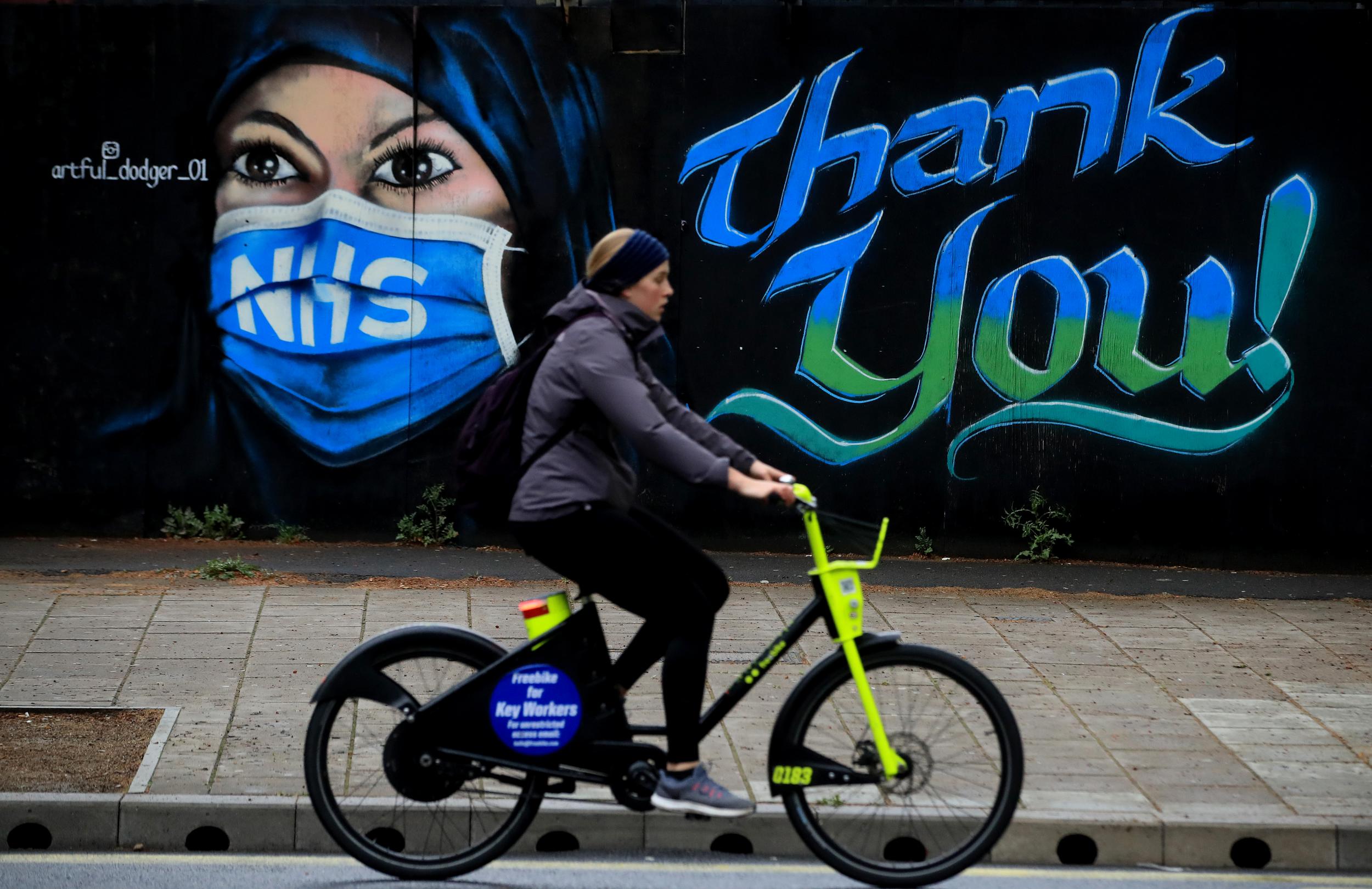What are our national priorities after coronavirus?
John Rentoul considers the future of the economy, Brexit, social care and the environment


As the lockdown starts to be eased, tentatively, it becomes possible to imagine what life might be like after the pandemic has passed. We are already over the peak of infections, and can dare to hope to avoid a second wave. If the virus is brought under control, what are the issues that will face the government next?
The economy
All the arguments that followed the financial crash in 2008 will be revisited, from a lower base. The question of how much the government can or should borrow, for how long, will dominate the post-Covid political debate.
It is notable that Boris Johnson rejects the “A” word, austerity, and that Rupert Harrison, who was George Osborne’s right-hand person at the Treasury, says that rising debt is not a problem. That is not what the Conservatives said when they came to office in 2010, influenced by the fashionable theory that national debt above 80 per cent of national income would lead to Japanese-style stagnation.
Public debt is now 95 per cent of national income and predicted to rise to at least 110 per cent, and yet Rishi Sunak, the chancellor, seems unfazed. But once the virus recedes, Keir Starmer is bound to advocate a gentler return to fiscal balance – and to argue that government support for jobs be tied to more stringent conditions of social justice and environmental sustainability.
Brexit
The government has to decide by the end of June whether to ask for an extension to the Brexit transition period, by which the UK is treated as an EU member until the end of this year. That means the prime minister will probably have to make that decision before the threat from coronavirus is definitely over.
So far, Johnson insists he will not ask for an extension and that the UK will go for a no-deal exit from the transition if necessary.
If he means it, that will be another point of political difference. Labour will argue that the depths of the post-pandemic global recession would be the worst time to impose barriers to trade with our main economic partners.
Social care
The coronavirus outbreak has cruelly exposed the weakness of care homes, prompting ringing declarations all round that the sector should finally be better funded and better integrated with the NHS. These good intentions come after decades of neglect and inter-party wrangling in which both parties say they want consensus but neither has an interest in making it happen.
Maybe the shock of this crisis will be so great that this will change, but it seems more likely that social care too will continue to be the subject of division between the parties in post-Covid politics.
Climate change
As with social care, now is the time for pious declarations that things must change after the crisis. Some green activists see the troubles of the airlines and the resurgence of urban cycling as hopeful signs for the future, but the collapse in the price of oil has tilted market incentives in favour of burning more fossil fuels.
Join our commenting forum
Join thought-provoking conversations, follow other Independent readers and see their replies
Comments